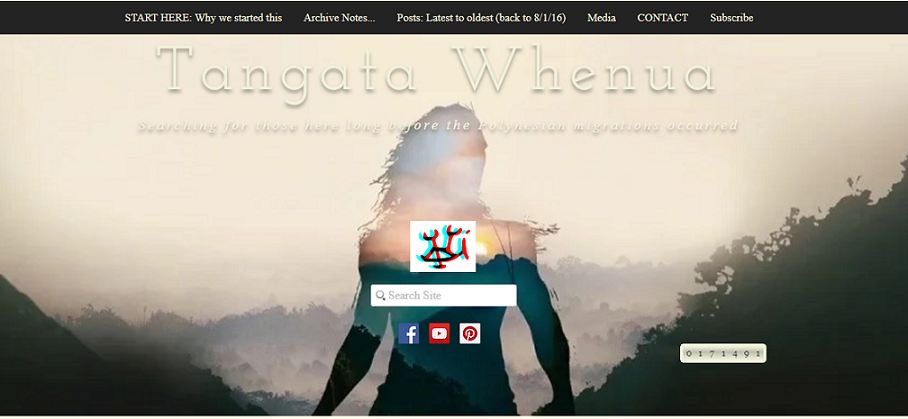Visit site here. Tangata Whenua

Also Read this article…
The Sad Story of the Moriori, Who Learned to Live at the Edge of the World
How the remoteness of the Chatham Islands forged a resilient people.
BY NATASHA FROST
MARCH 6, 2018
Excerpt… ” But in 1835, members of the Māori tribes Ngāti Tama and Ngāti Mutunga, living in what is now Wellington, New Zealand, decided to migrate to the Chatham Islands. Around 500 men, women, and children arrived on the shore, determined to take the land they found there through a practice called “walking the land,” where they moved across the island and settled wherever they liked. Moriori who disagreed or attempted to retain their districts were summarily slaughtered.
King describes how about 1,000 Moriori gathered to discuss what they should do. This invasion was different to previous arrivals, who had come, taken resources, and then left again. Some younger men argued that Nunuku’s law was designed to protect them from one another, and did not apply to those who were not Moriori. They needed to fight back, they said, or risk certain death. Older chiefs disagreed. Nunuku’s law was a moral imperative. Disobeying it would compromise their mana, a complicated and multifaceted term comprising integrity, prestige, and strength. The Moriori resolved not to fight. The Māori, King writes, seem to have decided at roughly the same time that a pre-emptive strike was necessary.
Shortly afterwards, hundreds of Moriori were slain by Māori. They did not fight back. “They commenced to kill us like sheep,” one survivor said later, “wherever we were found.” At least 220 men and women were killed, and many more children.
Recordings of a council of Moriori elders from 1862 lists all adult Moriori alive on that day in 1835. One cross meant they had died or been killed; two crosses meant they had been cooked and eaten, a Māori custom common to land disputes on the mainland. Those who had not been killed were enslaved, separated from their families, and prohibited from marrying. Many died of illness, overwork, or kongenge, meaning dispiritedness or despair. The historian André Brett argues that what took place was not mass killing, but systematic genocide: “Māori viewed Moriori as a different and inferior people and killed individuals on the basis of their membership of the Moriori group.” In fact, they were genetically indistinct from one another.”
